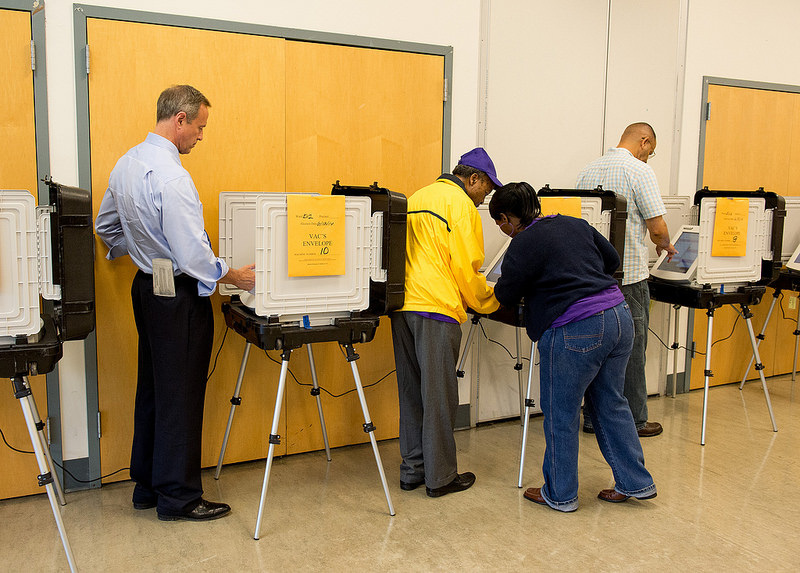| Would the ability to vote in your pajamas, on a smart phone, make you a better participant in the political process? Would it make you care more? Utah’s lieutenant governor has convened a committee to study the idea of making the state a pioneer with Internet voting. They might want to look to Norway, which tried such a thing, then, according to a headline writer at NPR.org, did a “Ctrl+Alt+Delete” on the whole thing a few weeks ago. |
| | Utah Director of Elections Mark Thomas told the Deseret News this week that the biggest hurdle to overcome is security. Norwegian officials would agree. They couldn’t do it. NPR quotes Lawrence Livermore National Laboratory computer scientist David Jefferson as saying, "There is no way to guarantee that the security, privacy, and transparency requirements for elections can all be met with any practical technology in the foreseeable future." Which doesn’t mean Utah’s leaders can’t try to do it. It does, however, mean they would truly be pioneers. The state’s interest in Internet voting is interesting, especially when it is touted as one way to increase voter turnout. It used to be that Republicans would tell me, convincingly, that the goal should not be simply to get everyone to vote. The goal should be to get people to cast informed ballots — to study issues, get involved in debates and vote intelligently. They criticized the so-called motor-voter law, when it was passed, because they saw little connection between registering a vehicle at the DMV and registering to vote. Motor-voter was designed to capture potential voters who otherwise might forget to register, which is something a conscientious voter never would do. Now we have Republicans such as Lt. Gov. Spencer Cox, who told me earlier this year that voting itself is a “gateway to greater participation” in the political process. “I think we need to remove barriers,” he said. I think Cox was sincere when he said Internet voting is inevitable and good for representative government. But I also believe this sudden push means some Republicans understand that the current system, in all its many aspects, threatens their jobs by empowering the more radical elements of their party. Last month’s primary in Utah drew a 12.52 percent turnout. Granted, there were no congressional primaries at stake, but that figure was only slightly less than the last off-year primary in 2010, which attracted a 17.67 percent turnout. And really, even the 20.38 percent of registered voters who cast ballots in the 2012 primary, during a much bigger election year, is pathetic. At some point along the scale of public participation, democracy disappears and morphs into government by the self-appointed elite. It may be representative of the people who actually care, but it’s not a healthy way to deal with important issues. But there are more ideas out there than just Internet voting. Elaine Kamarck, the founding director of the center for effective public management, believes holding nationwide primaries would reduce the power of the extremes and increase legitimate turnout. She’s not talking about a nationwide presidential primary. This would be a primary like the one Utah held last month, in which everything from legislative races to local bond issues are up for grabs. It would be on the same day everywhere. In a paper published by the Brookings Institution, she said one of the problems with primary elections is that they are held in relative obscurity. They attract little media interest. It then becomes easy for “factions within a political party” to influence the outcomes and empower the extremes. A national primary would attract media attention and get people in the mood to study issues. “Good government groups could, more easily, encourage people to vote in the primaries if they were a national event,” she wrote. Maybe, but I’m not convinced. Utah lawmakers took a big step this year by passing a bill that allows people to get on a primary ballot simply by collecting enough signatures. This will encourage more primaries, giving regular voters more chances to determine outcomes. But voter turnout? That’s a tougher nut to crack. Incidentally, Norway found no evidence that online voting improved turnout at all. Convenience alone still doesn’t promote civic duty. |


 RSS Feed
RSS Feed

